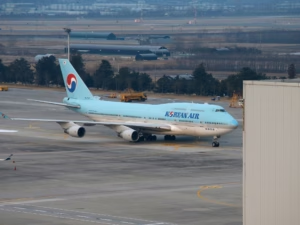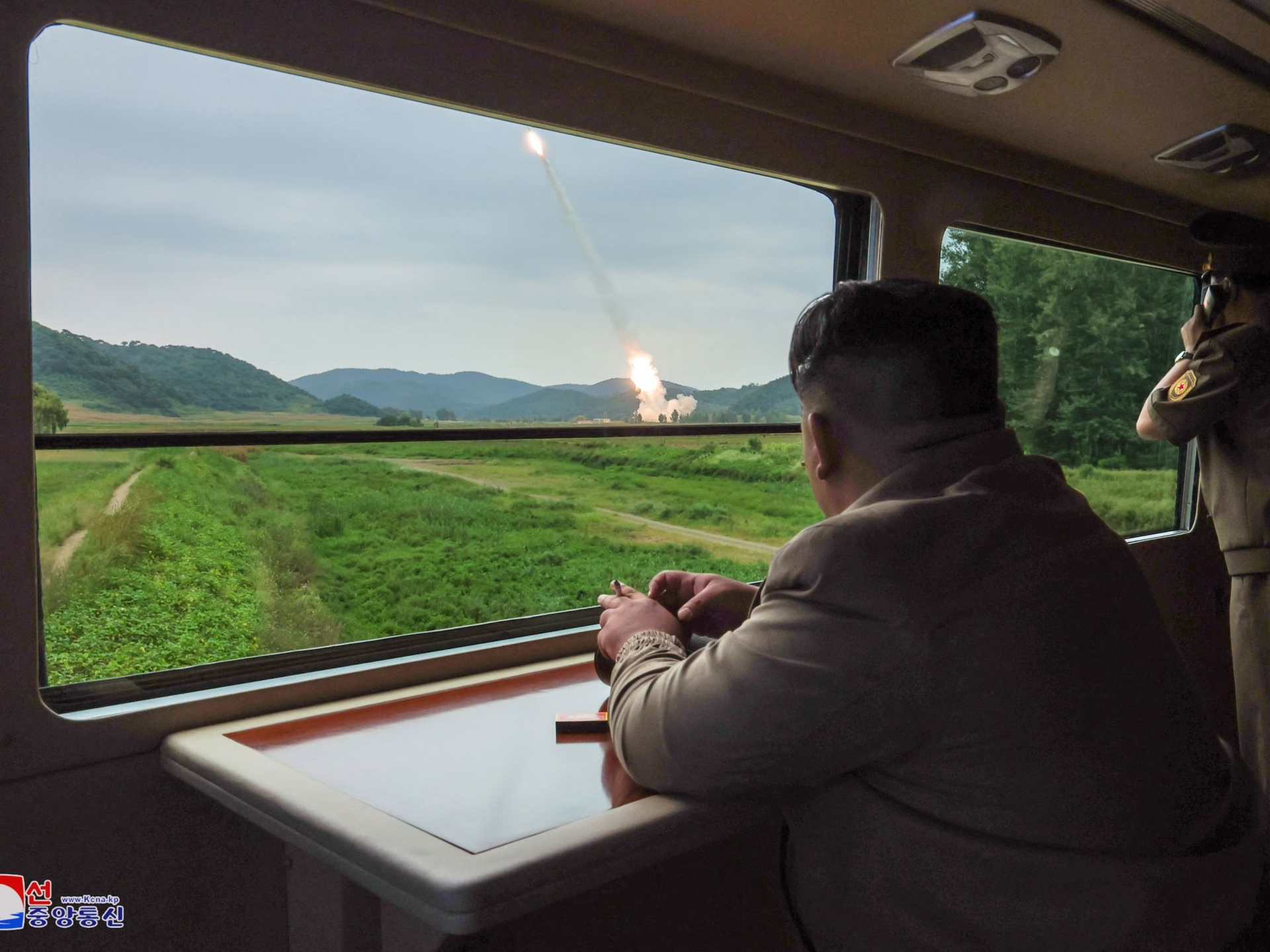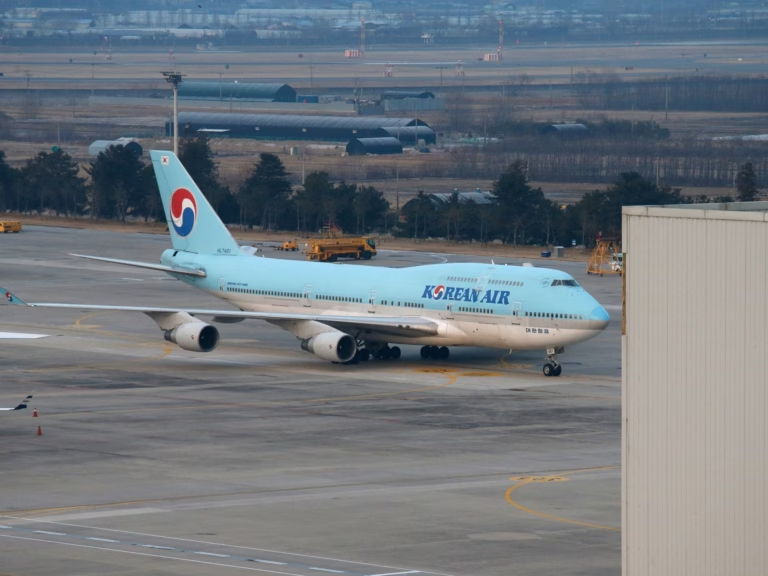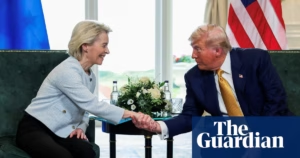In the latest expansion of his weapons arsenal, Kim Jong Un has supervised the testing of a new solid-fuel rocket engine designed for North Korea’s intercontinental ballistic missiles (ICBMs), marking a “significant change in expanding and strengthening” the nation’s strategic nuclear forces.
The state-run Korean Central News Agency (KCNA) revealed on Tuesday that the ninth and concluding ground test of the aforementioned engine was successful. Engineered with carbon fiber, the engine is capable of producing 1,971 kilonewtons of thrust—surpassing the capabilities of North Korea’s previous rocket engines.
Following the test, Kim expressed satisfaction, noting the innovative engine signifies a substantial advancement in North Korean nuclear capabilities.
A week prior, Kim had toured the research institute responsible for the engine’s development, unveiling plans for the next-generation Hwasong-20 ICBM currently under development.

The advancement of North Korea’s ICBM arsenal signifies a concerted effort to develop weapons capable of posing a credible threat to the continental United States, according to defense analysts.
Pyongyang’s pursuit of nuclear capabilities is seen as a strategy to solidify its position as a nuclear-armed state and to gain leverage in negotiating economic and security concessions from the US and other global powers.
North Korea celebrated the 77th anniversary of its founding on Tuesday, a founding by Kim’s grandfather, Kim Il-sung.
In a separate report by KCNA, Chinese President Xi Jinping sent a congratulatory letter to Kim, advocating for enhanced “strategic communication” between Beijing and Pyongyang.
“The Chinese side is eager to collaborate to strengthen the China-DPRK friendship and the socialist cause of both countries through intensive strategic communication, frequent visits, and intimate cooperation with the DPRK side,” Xi mentioned, employing the abbreviation for North Korea’s formal name, the Democratic People’s Republic of Korea.
Last week, Kim participated in China’s Victory Day Parade in Beijing alongside Russian President Vladimir Putin and Xi, commemorating the end of World War II. Analysts regard Kim’s attendance at this international meeting as a significant diplomatic achievement, reflecting the fortification of alliances with Russia and China.







